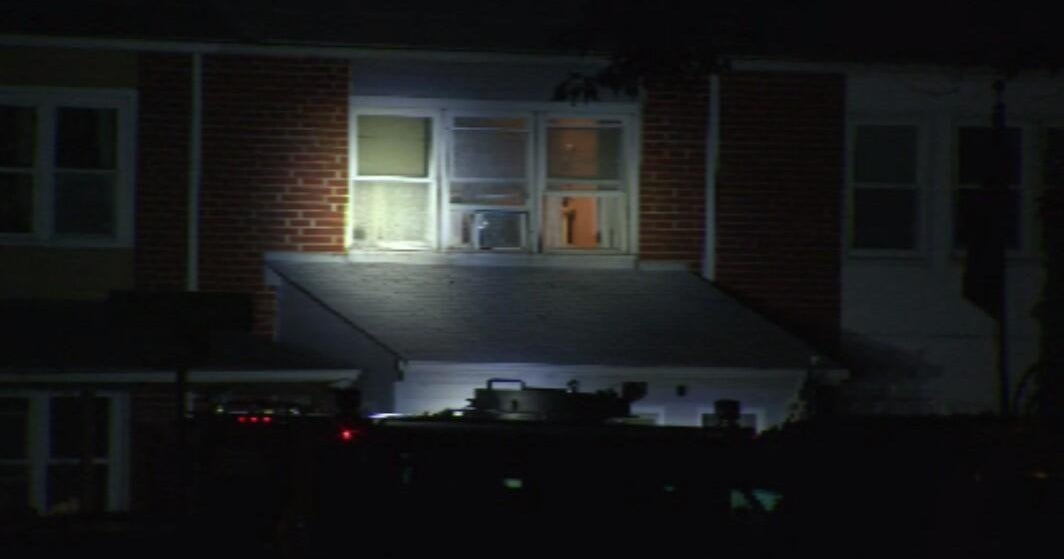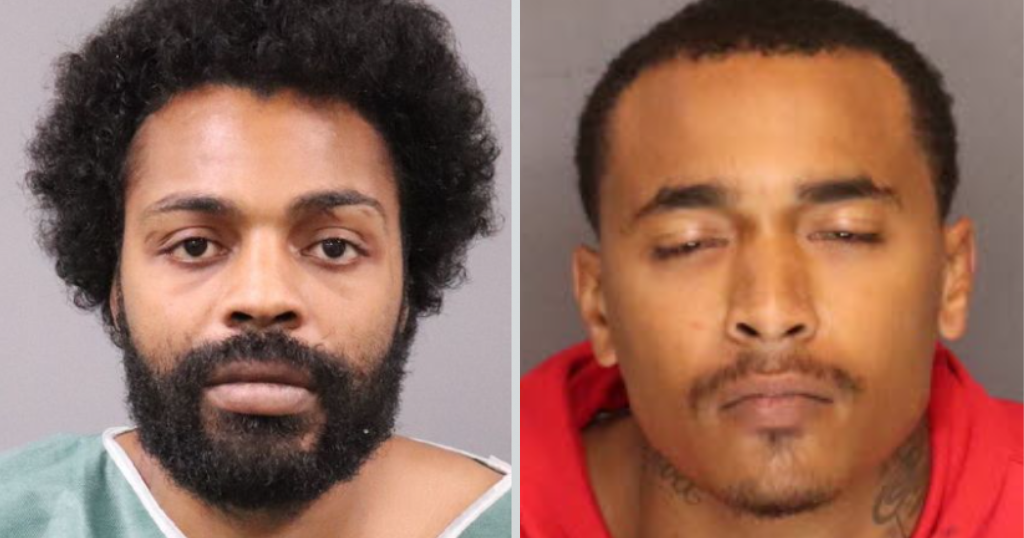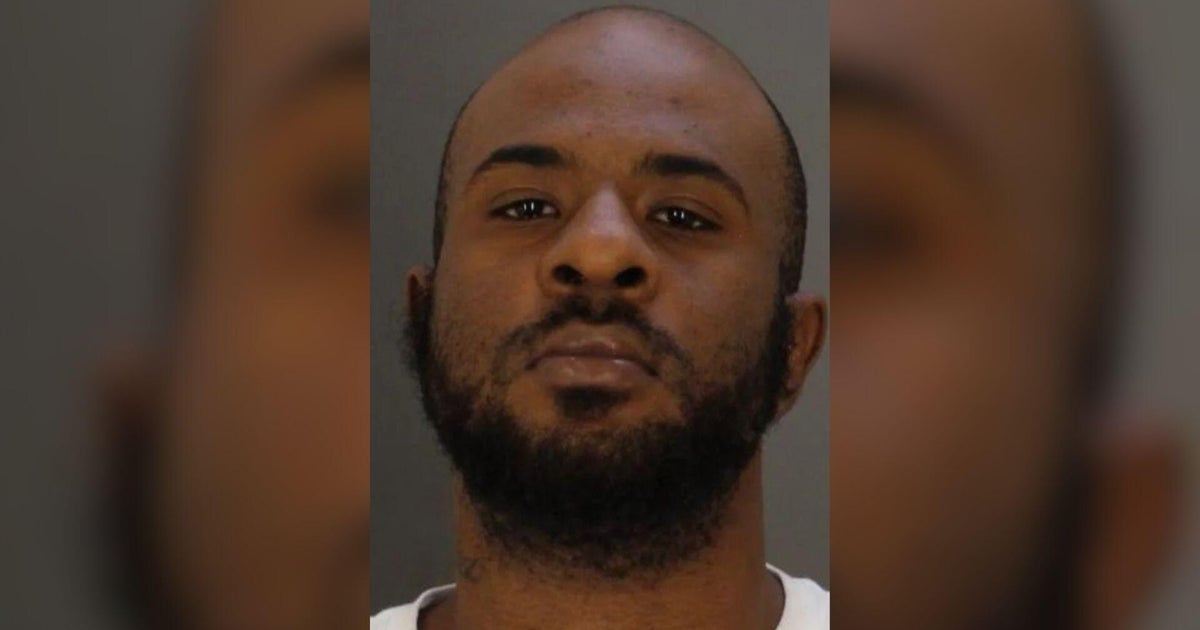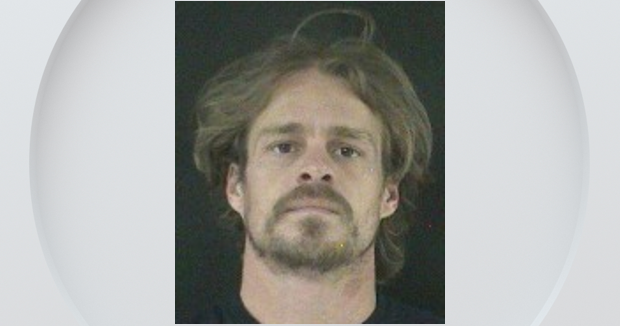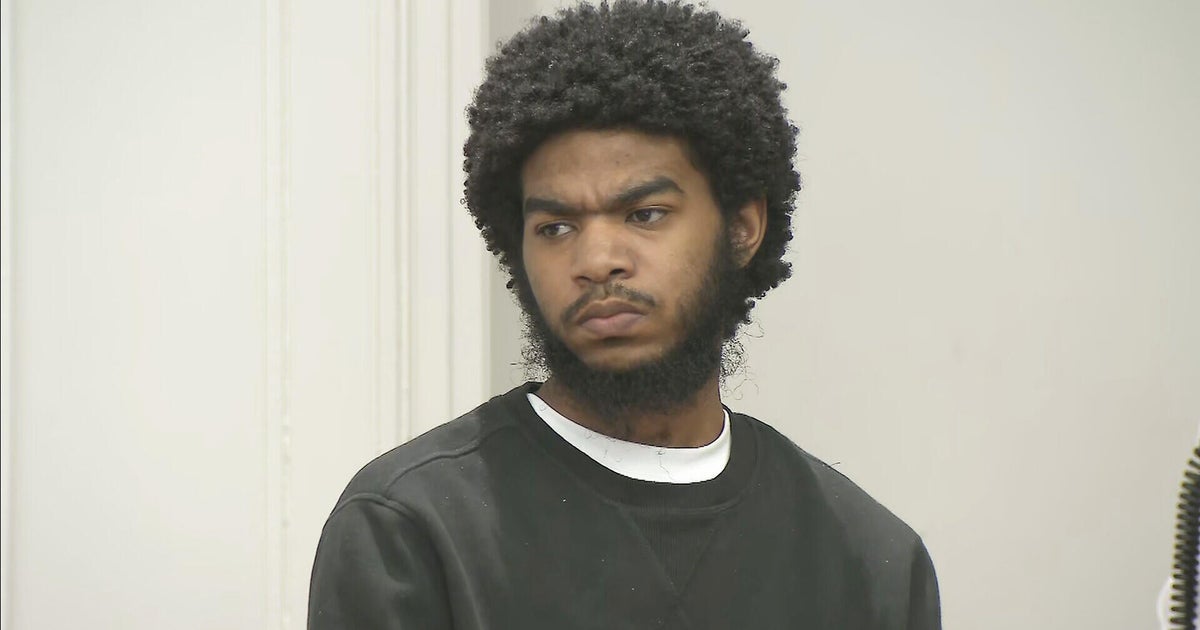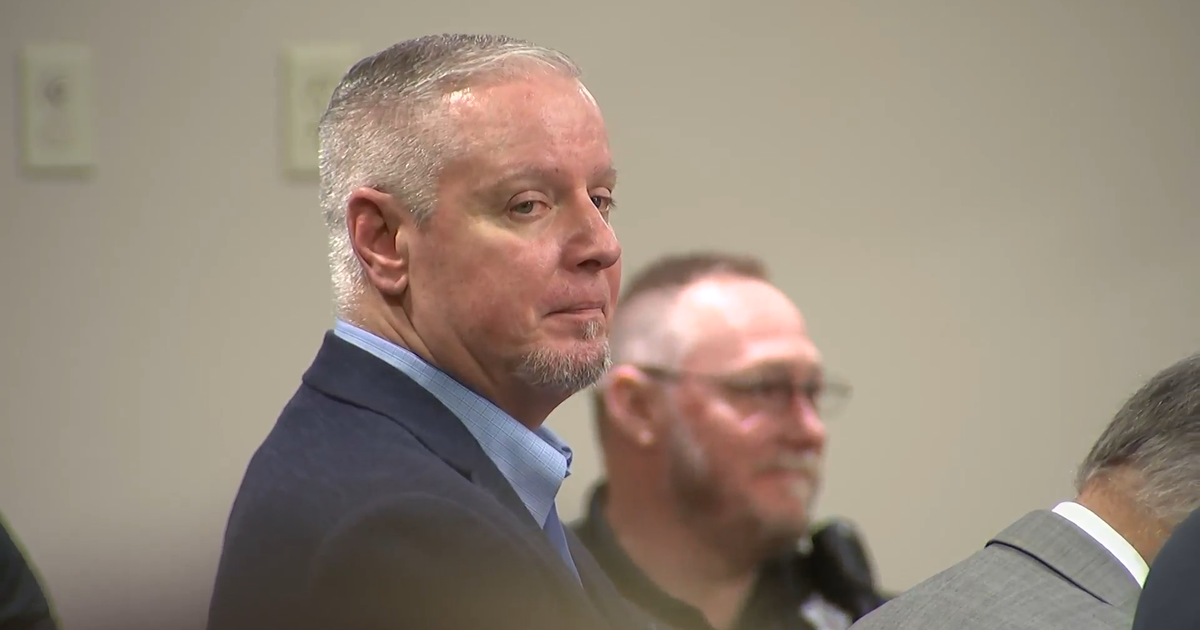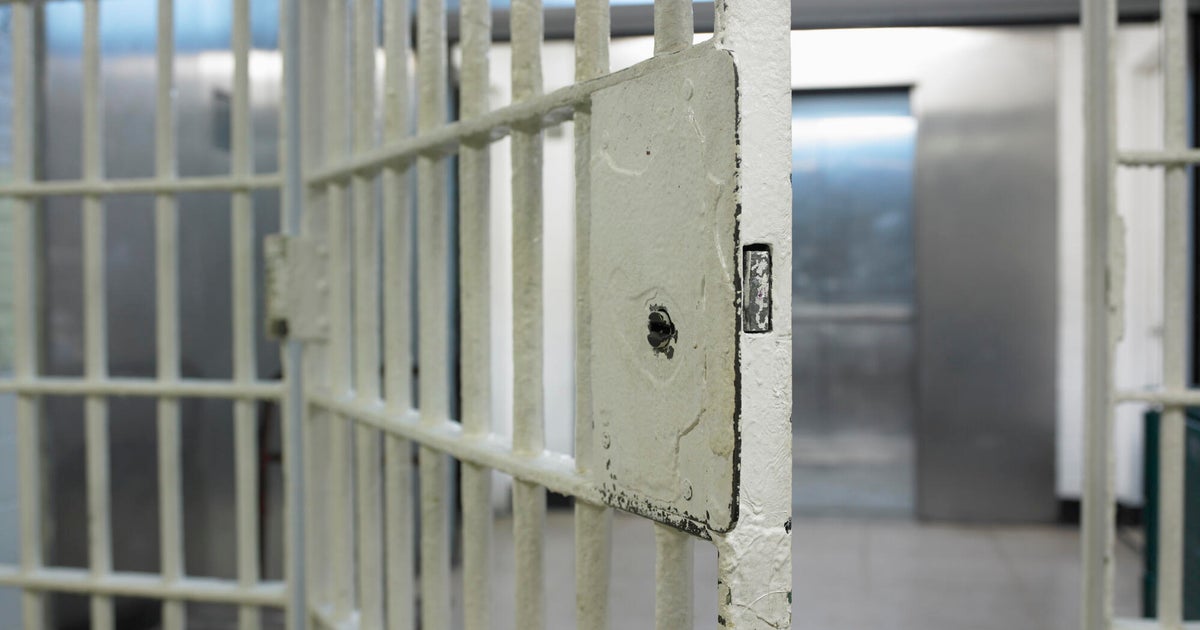Maryland approves more than $3M for Baltimore man wrongly imprisoned for murder for three decades
ANNAPOLIS, Md. (CBS/AP) — Maryland officials on Wednesday approved more than $3 million in compensation for a Baltimore man who spent 31 years in prison on a wrongful murder conviction.
Gov. Wes Moore apologized to Gary Washington during a Board of Public Works meeting where the compensation was approved.
"On the behalf of the entire state, I'm sorry for the failure of the justice system," Moore said, adding that while no amount can make up for the injustice, he prayed the state could provide compensation "in a way that your family deserves."
Washington was a 25-year-old new father when he was convicted in 1987 of first-degree murder and a gun crime in the fatal shooting of Faheem Ali the year before.
No physical evidence linked him to murder, according to Moore, and multiple witnesses said that he was not the shooter. Also, multiple people accounted for his whereabouts at the exact time of the crime, Moore said.
"The prosecution's key witness for the trial, who was then 12 years old, later recanted his identification of Mr. Washington as the murderer, saying that he was manipulated by the police and sent Mr. Washington to prison," the Democratic governor said.
Washington, now 63, was released in October 2018, months after his convictions were vacated in the Baltimore City Circuit Court. In January 2019, the Baltimore state's attorney's office dismissed the charges.
An administrative law judge found that under state law, Washington is entitled to $94,991, or the current median household income in Maryland, for each of the 31 years he was wrongly incarcerated.
In addition to receiving nearly $3 million for erroneous confinement, he will get more than $89,000 to resolve housing benefit claims.
In 2019, Washington filed a lawsuit in U.S. District Court in Baltimore against the Baltimore Police Department and police officers involved in the case, WJZ media partner the Baltimore Banner reports.
A U.S. District Judge in 2023 ruled in favor of the police officers. The decision is now up for appeal before the U.S. Court of Appeals for the 4th Circuit.
